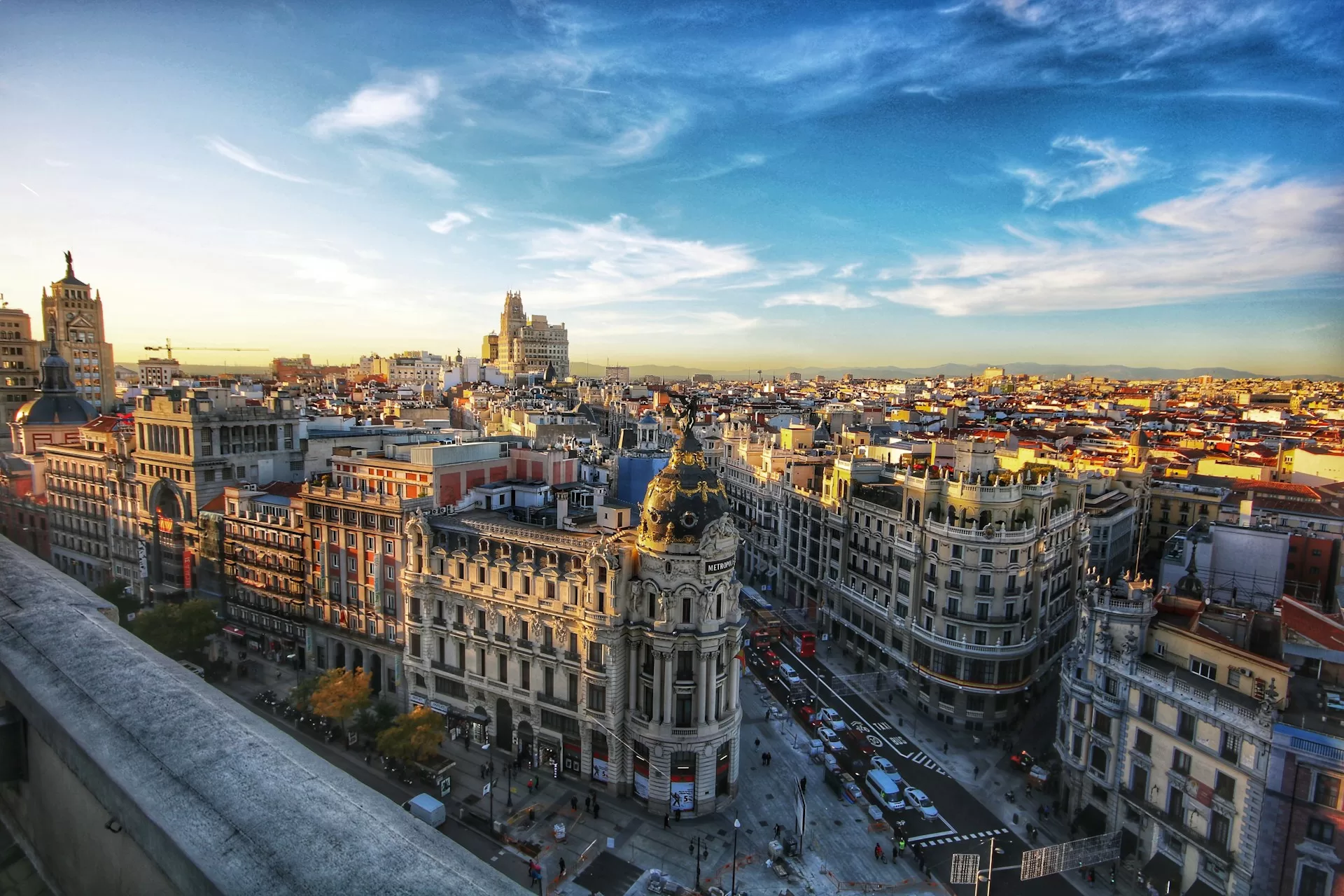Spain, a country of stunning landscapes, rich history, and vibrant culture, attracts expats from around the globe. For many, the ultimate goal of relocating to Spain is to obtain Spanish citizenship, granting them the rights and privileges of a European Union (EU) citizen. But the journey to Spanish citizenship involves several stages, each with its own challenges and requirements. This guide explores the steps from residency to naturalisation and beyond, ensuring you have a comprehensive understanding of what it takes to become a Spanish citizen.
What is Spanish Citizenship?
Spanish citizenship confers the same rights and responsibilities as native Spaniards. It allows individuals to:
- Vote in all elections.
- Work and live freely in any EU country.
- Travel visa-free to many countries worldwide.
- Access all public services in Spain without restrictions.
However, obtaining Spanish citizenship often requires commitment and long-term planning. Non-EU citizens, including UK nationals post-Brexit, must navigate through a series of steps starting with residency.
Step 1: Securing Spanish Residency
Residency is the first milestone on the path to citizenship. Depending on your situation, you may apply for one of several residency permits, such as:
Residency permits typically require proof of income, private health insurance, and a clean criminal record. After five years of uninterrupted legal residency, you may qualify for permanent residency.
Step 2: Meeting the Naturalisation Requirements
To apply for Spanish citizenship through naturalisation, you must meet the following requirements:
- Legal Residency Period:
- Standard: 10 years of continuous legal residency.
- Exceptions: Reduced to 2 years for citizens of Latin American countries, Andorra, the Philippines, Equatorial Guinea, and Sephardic Jews. Refugees may also apply after 5 years.
- Integration into Spanish Society: Applicants must demonstrate cultural integration, including language proficiency and knowledge of Spanish laws, customs, and traditions. This is assessed through:
- Good Conduct: A clean criminal record in both Spain and your country of origin is mandatory.
- Economic Stability: Applicants must show financial self-sufficiency or stable employment in Spain.
Step 3: Preparing the Naturalisation Application
The naturalisation process requires thorough preparation and documentation. Essential documents include:
- Valid residency card.
- Passport.
- Birth certificate (apostilled and translated).
- Criminal record certificates from Spain and your country of origin.
- Proof of integration (exam results).
- Proof of economic stability.
- Marriage certificate (if applicable).
- Evidence of cultural ties (e.g., children enrolled in Spanish schools, participation in community activities).
Applications are submitted online via the Spanish Ministry of Justice’s platform, followed by an in-person appointment.
Step 4: The Oath of Allegiance
Upon approval, applicants are invited to swear an oath of allegiance to the King of Spain and the Spanish Constitution. This formal ceremony is a significant milestone, marking the transition to citizenship.
Challenges Along the Way
While the pathway to citizenship seems straightforward, many expats face challenges, such as:
- Bureaucratic Delays: Applications can take years to process due to administrative backlogs.
- Strict Residency Rules: Interruptions in residency can reset the clock for naturalisation eligibility.
- Language Barrier: Passing the DELE exam requires a minimum A2 proficiency level in Spanish.
- Dual Nationality Restrictions: Spain generally does not allow dual nationality, except for citizens of specific countries (e.g., Latin American nations, Andorra, the Philippines).
Benefits of Spanish Citizenship
- EU Freedom of Movement: Spanish citizens can live and work across the EU and EEA without restrictions.
- Global Mobility: Enjoy visa-free or visa-on-arrival access to over 190 countries.
- Political Participation: Gain the right to vote and stand for election in Spain.
- Enhanced Stability: Citizenship ensures permanent status and eliminates the need for residency renewals.
- Family Benefits: Spouses and children may benefit from streamlined residency or citizenship pathways.
Alternatives to Naturalisation
For those who do not meet the requirements for naturalisation, alternative pathways include:
- Marriage to a Spanish Citizen: Citizenship may be granted after 1 year of marriage and cohabitation with a Spanish citizen.
- Citizenship by Descent: Individuals with Spanish parents or grandparents may be eligible for citizenship.
- Special Exceptions: Distinguished contributions to Spanish society (e.g., sports, arts) may result in honorary citizenship.
Frequently Asked Questions
- Can I keep my original nationality when I become a Spanish citizen?
- Generally, no. However, Spain allows dual nationality for citizens of specific countries, including Latin American nations and Andorra.
- How long does the naturalisation process take?
- Applications can take 1 to 3 years to process after submission.
- Do I need to renounce my original citizenship?
- Yes, unless you are from a country eligible for dual nationality agreements with Spain.
- What happens if I fail the DELE or CCSE exams?
- You can retake the exams as needed. Proper preparation is key.
- Does residency in the Canary Islands or Balearics count toward citizenship?
- Yes, residency in any part of Spain qualifies.
- Are there age limits for applying for citizenship?
- No, there are no age restrictions for naturalisation.
- Can my children become Spanish citizens automatically?
- Children born in Spain to legal residents may qualify for citizenship after one year.
- Does time on a student visa count toward residency requirements?
- No, time spent on a student visa does not count toward the residency period for citizenship.
- Can I apply for citizenship if I have unpaid taxes or debts in Spain?
- No, financial obligations must be settled before applying.
- What if my application is rejected?
- You can appeal the decision or reapply after addressing the issues raised.
The journey to Spanish citizenship requires patience, dedication, and careful planning. While the process can be complex, the rewards—from EU mobility to political participation—make it a worthy pursuit for many expats. Whether you’re starting with a residency permit or ready to apply for naturalisation, understanding each step ensures a smoother path to achieving your goal of becoming a Spanish citizen.
